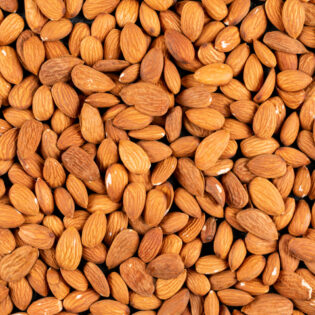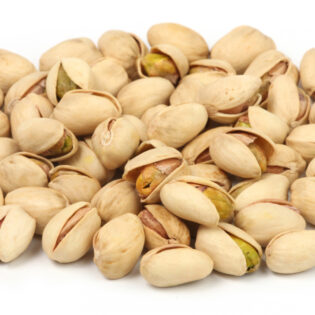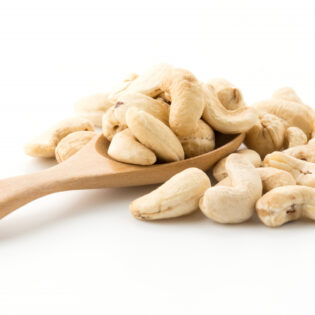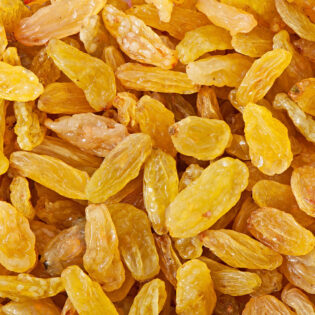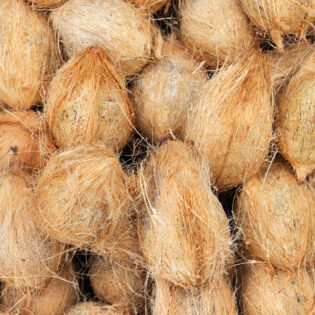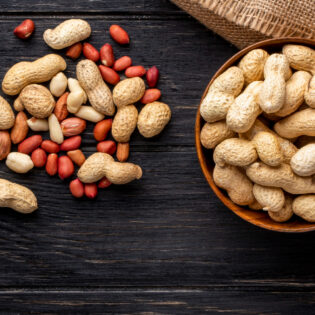Chestnut
Chestnut Exporter in Pakistan: A Culinary Treasure from Lush Orchards
Pakistan, with its diverse agricultural abundance, proudly stands as a noteworthy exporter of high-quality chestnuts. These delectable nuts, known for their rich flavor and versatility, are cultivated in regions with ideal climates. Let’s explore the characteristics, varieties, and global significance of Pakistani chestnut exports.
1. Chestnut Varieties:
Pakistan primarily cultivates the Castanea Sativa variety of chestnuts, celebrated for its large size and sweet, creamy texture. These nuts are a culinary delight, both enjoyed on their own and incorporated into various dishes.
2. Cultivation Regions:
Chestnut trees flourish in specific climatic conditions, and regions like the northern areas of Pakistan, including Swat Valley and parts of Azad Jammu and Kashmir, provide an ideal environment for their cultivation. The pristine landscapes and cool climates contribute to the development of flavorful and high-quality chestnuts.
3. Quality Assurance:
Pakistani chestnut exporters uphold rigorous quality assurance measures throughout the cultivation, harvesting, and processing stages. The nuts undergo careful sorting to ensure that only premium-grade chestnuts reach international markets.
4. Nutritional Richness:
Chestnuts are not only delicious but also nutritionally rich. They are a good source of vitamins, minerals, and dietary fiber, making them a wholesome addition to a variety of culinary creations.
5. Global Export Markets:
Pakistani chestnuts are exported to various international markets, including the Middle East, Europe, North America, and Asia. The country has carved a niche as a reliable supplier of top-quality chestnuts, meeting the demands of discerning consumers worldwide.
6. Packaging Excellence:
Exporters prioritize packaging that preserves the freshness and quality of chestnuts. Specially designed packaging materials are employed to protect the nuts from moisture and environmental factors, ensuring they reach consumers in optimal condition.
7. Culinary Versatility:
Pakistani chestnuts are celebrated for their versatility in culinary applications. From being roasted as a festive snack to being used in savory dishes, desserts, and stuffing, chestnuts add a delightful flavor and texture to a myriad of recipes.
8. Organic and Sustainable Practices:
Some chestnut exporters in Pakistan are adopting organic farming practices, responding to the global demand for sustainably produced nuts. This includes minimizing the use of synthetic chemicals and promoting eco-friendly cultivation methods.
9. Economic Contribution:
The chestnut export industry significantly contributes to Pakistan’s economy, creating employment opportunities in cultivation, processing, and export-related activities. It plays a vital role in supporting the livelihoods of those involved in the chestnut value chain.
10. Culinary Excellence:
Pakistani chestnuts are not just nuts; they are a symbol of culinary excellence, adding a touch of sophistication to both traditional and modern dishes. Whether enjoyed as a roasted snack or incorporated into gourmet recipes, chestnuts are a testament to nature’s culinary treasures.
In conclusion, Pakistan’s role as a chestnut exporter showcases the nation’s commitment to delivering premium nuts that enrich the global culinary experience. Whether relished as a festive treat or utilized in gourmet creations, Pakistani chestnuts continue to be a symbol of quality, flavor, and culinary delight in the international marketplace.

